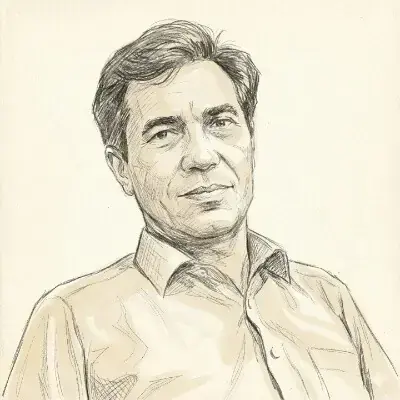PESHAWAR: The Khyber Pakhtunkhwa government’s disinterest has stymied the formation of the departmental and public oversight bodies to check the police’s excesses.
Sources told Dawn that more than two and a half years had passed after the enactment of the KP Police, 2017, that granted operational autonomy to the department but the second part of the law, which provided for the formation of public oversight bodies, had so far not been implemented.
The KP Police Act, 2017, provided for the setting up of the regional complaint authorities at divisional level and public safety commissions at provincial and district levels to provide the people with forums to address their grievances against the police.
Officials blame delay on govt’s disinterest
An official familiar with the matter told Dawn that a pending litigation over some clauses of law had stalled the formation of public safety bodies, while the relevant departments were not bothered about the resolution of the matter by amending those clauses.
He said on March 31, 2018, the then Peshawar High Court Bar Association president, Arbab Mohammad Usman, had moved the court challenging the scrutiny committees to select independent members of provincial and district public safety commissions.
He pleaded the court to strike down sections 57(2)(3)(4) of the KP Police Act, 2017, saying the inclusion of judges in scrutiny committee is contrary to the principle of the separation of judiciary and executive under Section 175(3) of the Constitution.
Section 57(2) of the Act says the high court’s chief justice will head the scrutiny committee for the selection of independent members of the provincial public safety commission, while Section 57(3)(4) deals with the selection of independent members of for capital city and district public safety commissions and scrutiny committees for capital city commission will be headed by a PHC judge and district committee by district and sessions judge.
Under 57(2) of the law, the chief Ehtesab commissioner (CIC) will be a member of scrutiny committee for the selection of the provincial commission, while Section 67 declares that the CIC is also a member of the scrutiny committee to select members for the regional police complaint authorities.
However, the KP government abolished the Ehtesab Commission a year ago. Now, there is a need for the induction of someone else instead of the head of a defunct body.
The official said the government didn’t appear to be interested in amending the KP Police Act, 2017, so there’s prolonged litigation.
He said ideally, there should have been a single scrutiny committee to select members of regional police complaints authorities, provincial and district public safety commissions to make the process a bit easier.
“Following the merger of tribal region with KP, the number of district committees has surged to 35,” he said, adding that the time involved in the formation of so many committees had slowed down the entire process.
The official said before the start of litigation, public safety commissions were formed in 12 districts, including Bannu, Karak, Lakki Marwat, Hangu, Swat, Buner, Swabi, Charsadda, Mardan, Lower Dir, Battagram and Haripur, while the formation of such bodies in other districts had been pending for more than a year as the matter was sub judice.
He said the relevant departments had done nothing to get that stay order vacated.
The official said the authorities’ lackadaisical attitude towards the formation of public oversight bodies could judged from the fact that the home department had asked the government for Rs794 million in the last fiscal to extend its services to the merged tribal districts.
He said of the amount, Rs20 million was required to set up public safety commissions in tribal districts and create 28 posts for the purpose but those funds were denied.
The home secretary was not available for comments.
Published in Dawn, August 16th, 2019



































